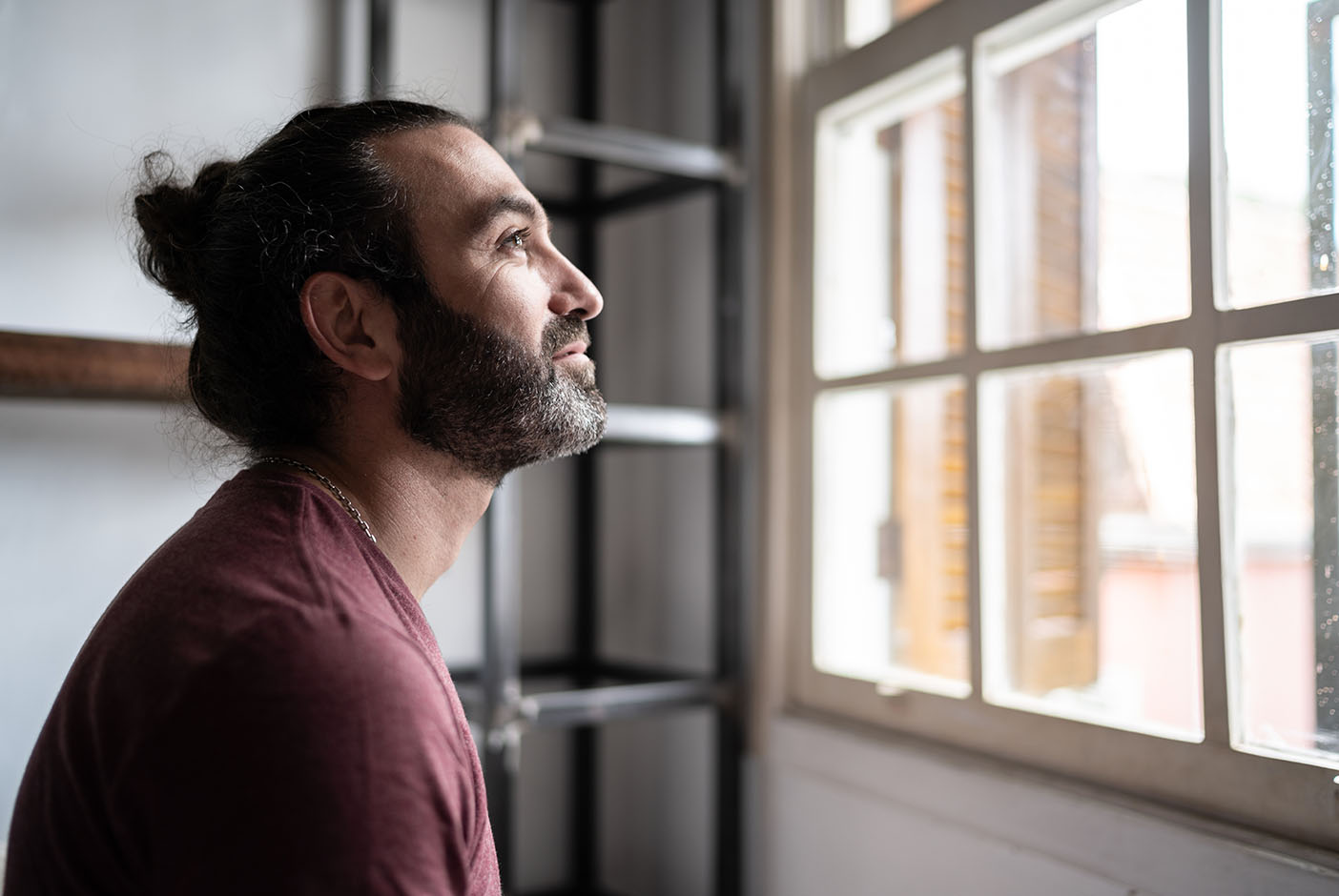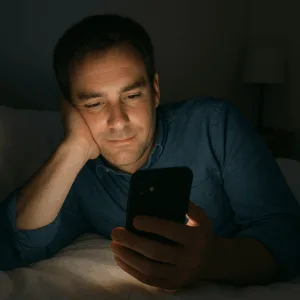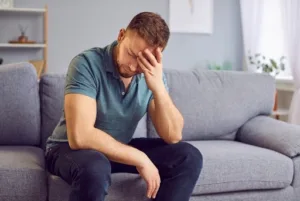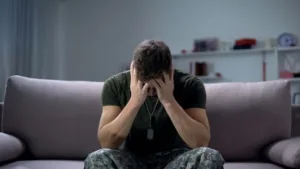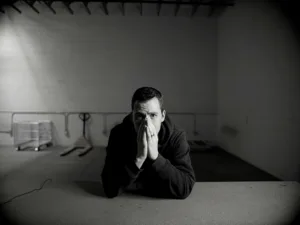Men’s Mental Health Matters
Men’s mental illness has been called a silent crisis. More than six million men in America are affected by depression each year, one in 10 experience rage or intermittent explosive disorder and up to one in six men have been sexually assaulted. Men also suffer greatly from conditions like panic and anxiety, bipolar disorder and schizophrenia. Yet, the field of mental health has failed to address the needs of men or offer male friendly therapy services. In Colorado, the suicide rate among men is nearly three times higher than for women.
There are numerous resources online and in person for men looking for a safe place to turn when anger, depression, or anxiety get to be too much, or when crises strike at home or work.
All kinds of men face mental health issues, and help can come in many forms. We’ve put together a list of online and in-person resources to suit every type of man.
For DIY-ers
Online assessments are easy to complete from home, and most are completely anonymous. While not a substitute for therapy, these assessments provide a baseline — or jumping-off point — to begin the journey toward improved mental health.
The Man Therapy 18 Point Head Inspection takes men through a 20-question quiz on habits and feelings. The result is an easy-to-read slider scale that links to a video featuring “fake doctor” Rich Mahogany. (Also check out videos like Gentelmental Health and Feelings Are Not Just for Hippies.)
Heads Up Guys offers an online self check to screen for depression. The results link to resources through the site, including tips on how to connect with a professional therapist.
The Anxiety and Depression Association of America offers no-frills self-assessments for Generalized Anxiety Disorder, PTSD, OCD, and other common mental health issues.
Mental Health America’s self test menu includes assessments for bipolar and eating disorders, psychosis, depression, and addiction, among others. It also offers several resources in Spanish.
For Deep-Dive Researchers
For men who like to dig in and do the research, these trustworthy sites point to studies, stats, and analysis.
The National Institute of Mental Health’s Men and Mental Health site offers warning signs, fact sheets and information on clinical trials around mental health.
The British Psychological Association recently released its first practice briefing for Psychological Practice for Boys and Men designed to highlight best practices and identify male-friendly therapy.
The Brother, You’re on My Mind toolkit was created by National Institute on Minority Health and Health Disparities and Omega Psi Phi Fraternity to promote mental health for Black men.
Heads Up Guys has a curated list of articles on men’s mental health topics like high functioning depression. They also share real-life stories of men facing mental health issues.
We at Denver Men’s Therapy share our expertise on our blog. It’s a great resource for digging deeper into mental health issues facing men.
The B4Stage4 Philosophy: Changing the Way We Think About Mental Health includes video and written resources that walk through the process of education, diagnosis and treatment.
For Connection Cravers
Many men find comfort in connection with like-minded peers — whether through support groups, online communities or even stories that show they’re not in this alone.
Men’s Group is an online hub for men to connect with peers going through similar life circumstances, like divorce. Men’s Group also offers retreats, classes and one-on-one coaching. Denver Men’s Therapy also offers a men’s group.
Face It was founded to help men understand and overcome depression. Over the past 20-plus years, the organization has grown to include support groups, peer support, education, and training. Face It’s podcast, What’s the Point, features real men’s stories.
Gaylesta Therapy Groups are local groups designed to support the needs of LGBTQ+ community members.
The short documentary The Voices of Men by British director Jonny White features 10 minutes of men speaking frankly about their mental health issues, including suicidal ideation.
For Coloradans
Coloradans can reach out to local and regional support services and organizations dedicated to men’s mental health in the state.
Colorado Crisis Services has assisted more than 1 million Coloradans in dealing with mental health issues, addiction or emotional crises. Their motto is: “No problem is too small to call.”
Rocky Mountain Crisis Partners is “a statewide, 24/7, year-round, community-based system of crisis intervention services from which people experiencing mental health and/or substance abuse crises can be assessed, safely and effectively stabilized, and efficiently linked to appropriate follow-up care and services.” Call: (844) 493-TALK (8255) Text “TALK” to: 38255.
For Men in Crisis
In a crisis, it’s important to seek help immediately. The following resources are recommended by the National Institute of Mental Health:
- 988 Suicide & Crisis Lifeline: The Lifeline provides 24-hour, confidential support to anyone in suicidal crisis or emotional distress. Call or text 988 to connect with a trained crisis counselor. Support is also available via live chat.
- Veterans Crisis Line: This helpline is a free, confidential resource for veterans of all ages and circumstances. Call 1-800-273-8255 and press “1”; text 838255; or chat online to connect with 24/7 support.
- Crisis Text Line: Text “HELLO” to 741741 for free and confidential support 24 hours a day throughout the U.S.
- Disaster Distress Hotline: People affected by any disaster or tragedy can call this helpline, sponsored by the Substance Abuse and Mental Health Services Administration, to receive immediate counseling. Call or text 1-800-985-5990 to connect with a trained professional from the closest crisis counseling center within the network.
Therapist Finders for Men Who Are Ready to Talk
At Denver Men’s Therapy, we work with men and their loved ones to find therapy resources. Here are a few additional resources to help find a clinician who understands mental health issues facing men. Try our Therapist Match Survey.
The Men’s List offers a therapist search feature that can be filtered by symptom or location.
Therapy for Black Men is working to break the stigma around asking for help. The site offers a therapist search function as well as coaching and articles.
The Psychology Today therapist finder can search for therapists who specialize in men’s issues.
The fact remains, that men are still less likely than women to seek out support for mental health issues. But as conversations around mental health become the norm, the more men will recognize symptoms and seek treatment.
